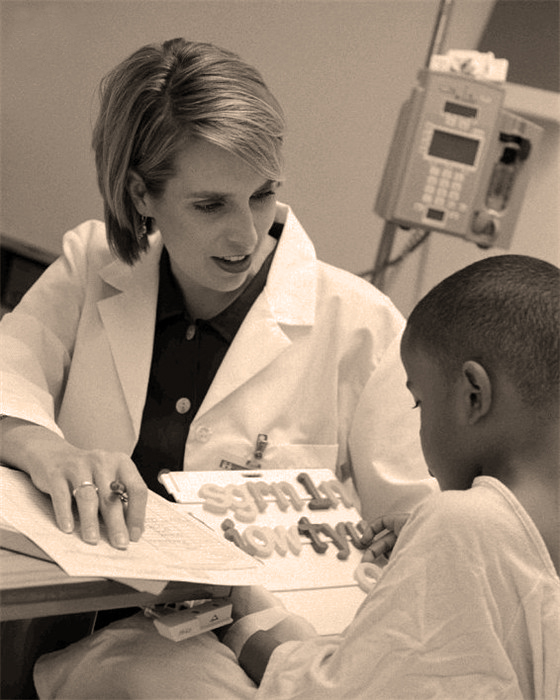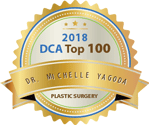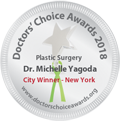 Speaking and swallowing, which seem so effortless and spontaneous, are actually fairly complex processes. Speaking includes the mechanical components of phonation (sound production), resonance, breath control and intonation or pitch modulation. Speaking also includes a mental component—the cognitive processing that turns sound into language.
Speaking and swallowing, which seem so effortless and spontaneous, are actually fairly complex processes. Speaking includes the mechanical components of phonation (sound production), resonance, breath control and intonation or pitch modulation. Speaking also includes a mental component—the cognitive processing that turns sound into language.
With swallowing, the mechanical phases of mastication (chewing) are quite complex, beginning in the mouth, to the oral cavity, to the throat and pharyngeal structures, to the esophageal or swallowing tube, and finally to the stomach. The digestive phases of swallowing—i.e., the secretion of enzymes and acid—must be coordinated to occur in the correct quantities and at the appropriate times.
Speech pathologists, who help patients overcome speech and swallowing impairments, are an important part of Dr. Yagoda’s team approach to voice care and vocal health. Speech therapy, either alone or in combination with medical therapies, lifestyle and dietary changes, can correct certain voice disorders and may even prevent surgery.
At times when surgery is necessary, speech pathologists are instrumental in the post-operative period. They help to ensure a healthy recovery, provide assistance in adapting to changes (i.e. relearning how to eat or speak after cancer surgery), and may even prevent complications by teaching new speech and swallowing techniques.
Dr. Yagoda based in New York/NYC/Manhattan, proposes a multidisciplinary approach to vocal health—comprised of a team of professionals including an ENT physician, voice coach, singing teacher, and speech pathologist. Prior to her efforts, those involved in voice care each operated independently and spoke a “different language.” The team approach allows all voice professionals to communicate effectively with one another, enabling them to provide a level of care that is higher than the sum of their individual parts.


































